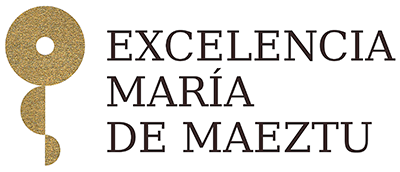One interesting regularity in the US data is that many entrepreneurs earn less income than comparable workers. This has brought attention to non-pecuniary benefits of entrepreneurship such as having flexible hours or preference for being one’s own boss. In his study “Production Complementarities and Flexibility in a Model of Entrepreneurship” (Journal of Monetary Economics, 2017) Professor Emircan Yurdagul focuses on the motive of flexible hours for becoming an entrepreneur. In this paper, he first uses survey data from the US to show that hours worked by entrepreneurs and workers exhibit different patterns (e.g. dispersion and volatility) from each other. Moreover, events that intuitively and empirically make individuals change their hours (e.g. changes in the family size, marital status) are likely to trigger switches to entrepreneurship among workers.
Professor Yurdagul then builds a theory of entrepreneurship featuring the need for flexibility and a realistic micro-mechanism to generate the inflexibilities to quantify the role of flexible hours in entrepreneurship. The framework allows for the value of leisure volatility, which creates the need for flexibility. Moreover, the model endogenously gives rise to inflexibility in workers’ hours by introducing a labor aggregation technology in the production function that features complementarities across hours of workers. The model replicates the income differentials between occupations in the US very well, while matching occupation-specific patterns in hours (levels, persistence, dispersion) and income (persistence and dispersion). The model is also good at fitting other untargeted moments in hours and income as well as the distribution of wealth. His study also goes over some examples of policy experiments to highlight the relevance of the studied framework in answering important policy questions.
The article above uses a particular production function that incorporates entrepreneurial hours in the production function, though it is surely important to study further the weight of these hours among the other factors of production. Meanwhile, it is a shortcoming of the existing literature on entrepreneurship and firm dynamics that not much attention has been paid to how important is the entrepreneurial input (hours, effort) in the production of their firms. In a working paper, which is joint work with Professor Felix Wellschmied (UC3M), Yurdagul tries to understand the production function of entrepreneurs better by taking into account the effort level exerted by the owners. The authors discuss the implications of capturing the complementarities and substitutabilities between owners’ hours and the hired worker on our understanding of firm dynamics.
